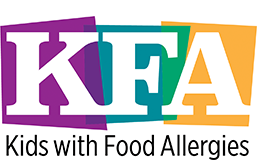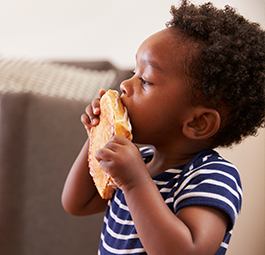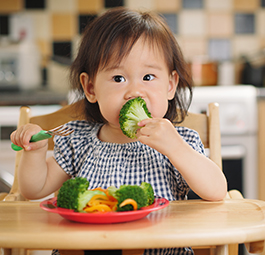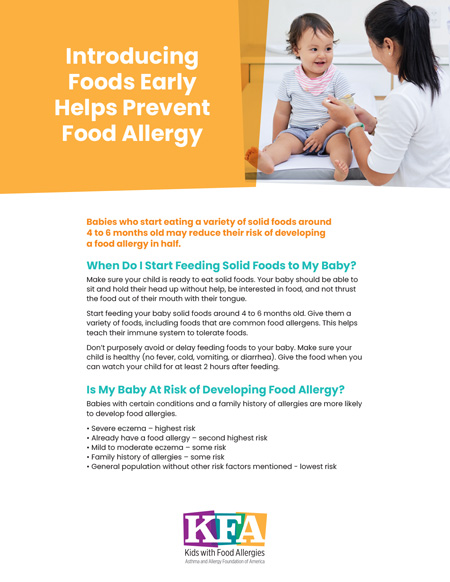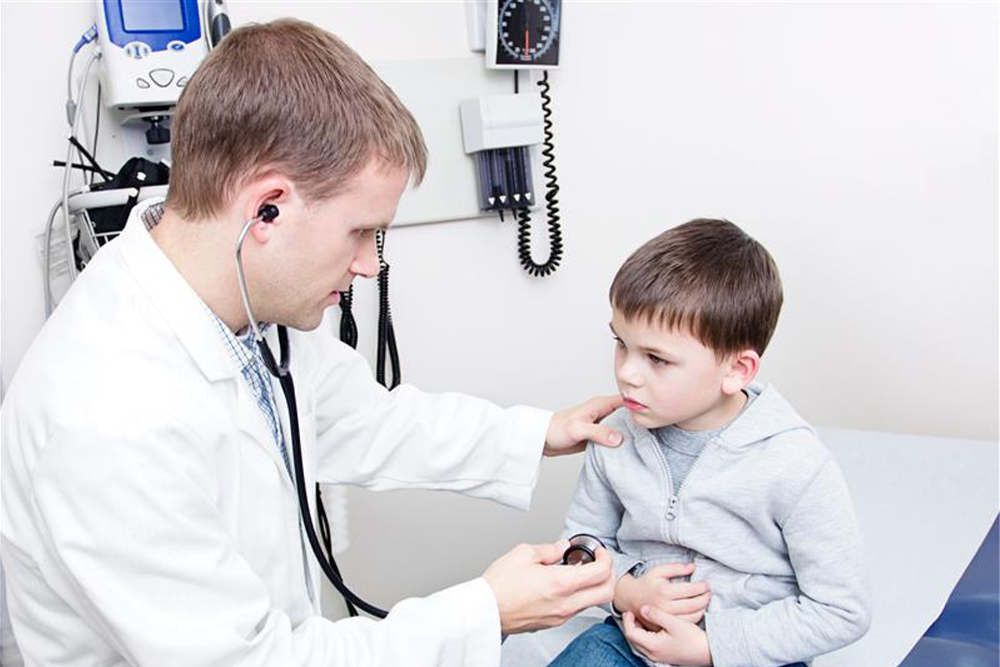Preventing Food Allergies

Introducing Foods Early May Help Prevent Food Allergies
Did you know if you have asthma, allergies, or eczema, your child may also develop one or more of these conditions? Allergic conditions are related and are hereditary. That means the tendency to develop allergic diseases can be passed down from family members.
When allergic conditions are part of your family history, your child may develop multiple allergic diseases in a progression called the allergic march (also called the “atopic march”).
The Allergic March
The allergic march is the name for the natural history of allergic diseases. This refers to how allergic diseases can progress in a person over time. It usually starts in infants as dry skin and eczema (atopic dermatitis). Once the allergic march begins, it’s hard to stop it.
Newborn babies who have a skin barrier defect that causes dry and inflamed skin may then develop eczema. Scientists think this may help explain why some children develop food allergies – one part of the allergic march.
When a food allergen (such as peanut, egg, or cow’s milk) touches a baby’s cracked or open and inflamed skin, their immune cells respond by triggering a specific allergic response to the food. Atopic dermatitis can influence the development of food allergies, nasal allergies (allergic rhinitis), and asthma during the first few years of life.
Preventing Food Allergies
Food allergies happen when the immune system thinks a food is an invader (like an infection). This leads to a specific immune response that occurs after exposure to a given food and can be repeated. The symptoms that occur are called an allergic reaction. Some of the symptoms can include:
- Skin rash, itching, hives, swelling
- Swelling of the lips, tongue, or throat
- Shortness of breath, coughing, trouble breathing, wheezing, chest tightness
- Stomach pain with or without cramping, nausea, vomiting, diarrhea
- Low blood pressure, feeling faint, light-headed, dizzy, or “blacking out”
- Feeling like something awful is about to happen
These are symptoms of anaphylaxis, a severe allergic reaction caused by a group of symptoms affecting multiple systems in the body such as skin, gut, lung, and cardiovascular system.
Waiting to introduce allergenic foods to infants does not reduce the risk of developing food allergies.2
By changing how we introduce foods to infants, the risk of developing food allergies can go down. Babies who start eating a variety of solid foods around 4 to 6 months old have a lower rate of food allergy later in life.
This includes highly allergenic foods such as peanut and egg, as well as other foods such as fruits, vegetables, and grains. A baby must be developmentally ready to eat these foods before you introduce them though. Also, you should be aware of and understand the signs and symptoms of a food allergy reaction.
When to Introduce Foods
Talk with your child’s doctor to better understand early food introduction to help prevent the development of food allergies.
Early introduction of foods teaches a baby’s immune system to tolerate food. Babies who start food early may cut their risk of developing a food allergy in half.1
After you introduce a food to your baby, continue to feed it to them on a regular basis if they don’t have an allergic reaction to it.
If your baby has eczema or a sibling with a food allergy, talk with your baby’s doctor before starting solid foods. They have a greater chance of developing a food allergy. You may still be able to introduce foods, but your child’s doctor can guide you on the best way to introduce them.
Future research in this area will provide a better understanding of genetic and environmental factors that impact the allergic march and the development of allergic conditions.
Medical review: May 2024 by John M. James, MD
Closed
References
- Scarpone R, Kimkool P, Ierodiakonou D, Leonardi-Bee J, Garcia-Larsen V, Perkin MR, Boyle RJ. Timing of Allergenic Food Introduction and Risk of Immunoglobulin E-Mediated Food Allergy: A Systematic Review and Meta-analysis. JAMA Pediatr. 2023 May 1;177(5):489-497. doi: 10.1001/jamapediatrics.2023.0142. PMID: 36972063; PMCID: PMC10043805.
- Perkin MR, Logan K, Marrs T, et al., Enquiring About Tolerance (EAT) study: Feasibility of an early allergenic food introduction regimen. J Allergy Clin Immunol 2016 May;137(5):1477-1486.
